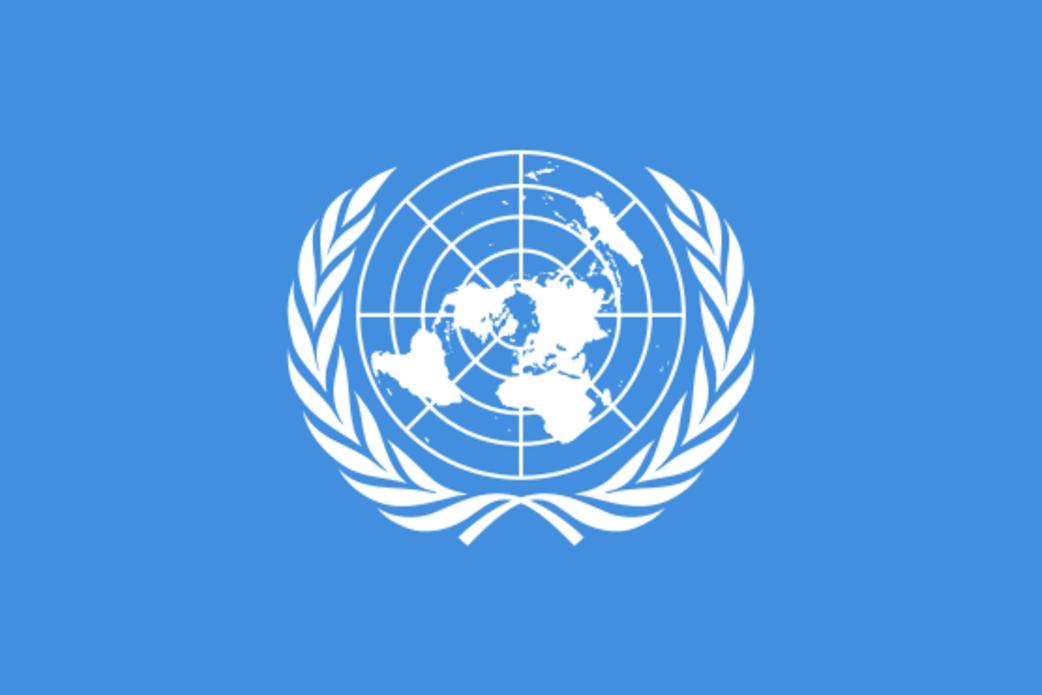As the UN marks 75 years of its special political missions, Politically Speaking has been talking with the Secretary-General’s Representatives and Envoys about their current work and how they view the future of diplomacy for peace.
Politically Speaking recently spoke with Head of the UN Mission to Support the Hudaydah Agreement (UNMHA). Michael Beary highlighted how the work of the special political mission has also helped open the humanitarian space in Yemen.
What lessons do you think the UNMHA experience — monitoring an accord on a specific part of a conflict — holds as we struggle to resolve other longstanding conflicts?
Beary said that UNMHA was primarily a “political bridgehead” between conflict parties in Yemen. It also, he said, allows the UN to work to ensure that humanitarian aid continues to enter Yemen through the Red Sea port of Hudaydah. Under the guidance of the Security Council, the mission is also engaged with mine action coordination; ceasefire monitoring role; and is also involved in the spheres of civil affairs and women, peace and security.
“I think the most important thing is that we are actually on the ground. That provides real time information, and allows us to provide our good offices to both parties. We have developed, I believe, a trusting relationship with both parties engaged in the conflict, and that allows us to be there immediately to deal with any issues that arise.”
In the current global context, is there still a role for diplomacy and peace?
Beary said UNMHA had played its part in alleviating the suffering of the civilian population of Yemen. Among other things, its ceasefire monitoring duties and patrols had helped to open up the humanitarian space.






